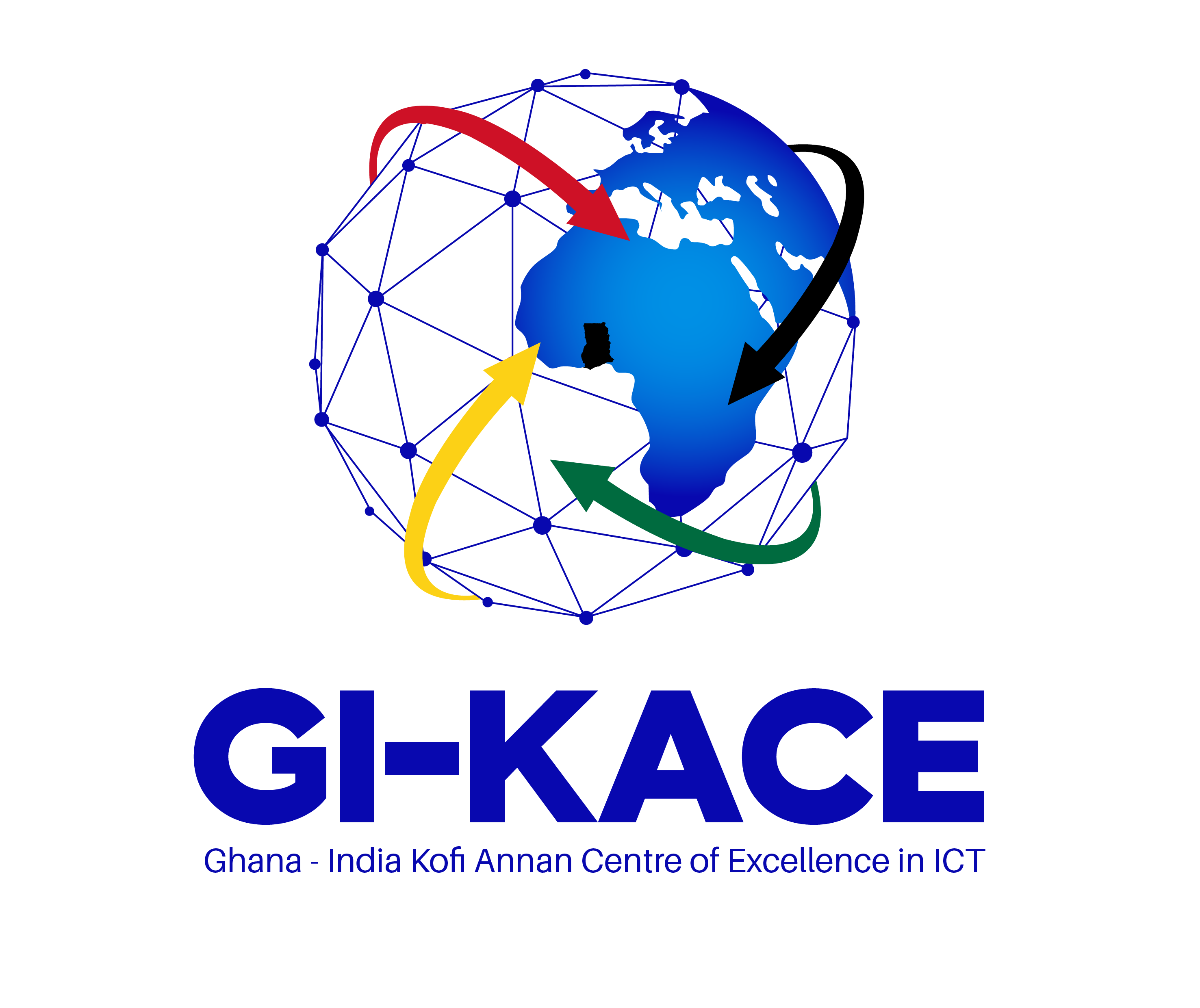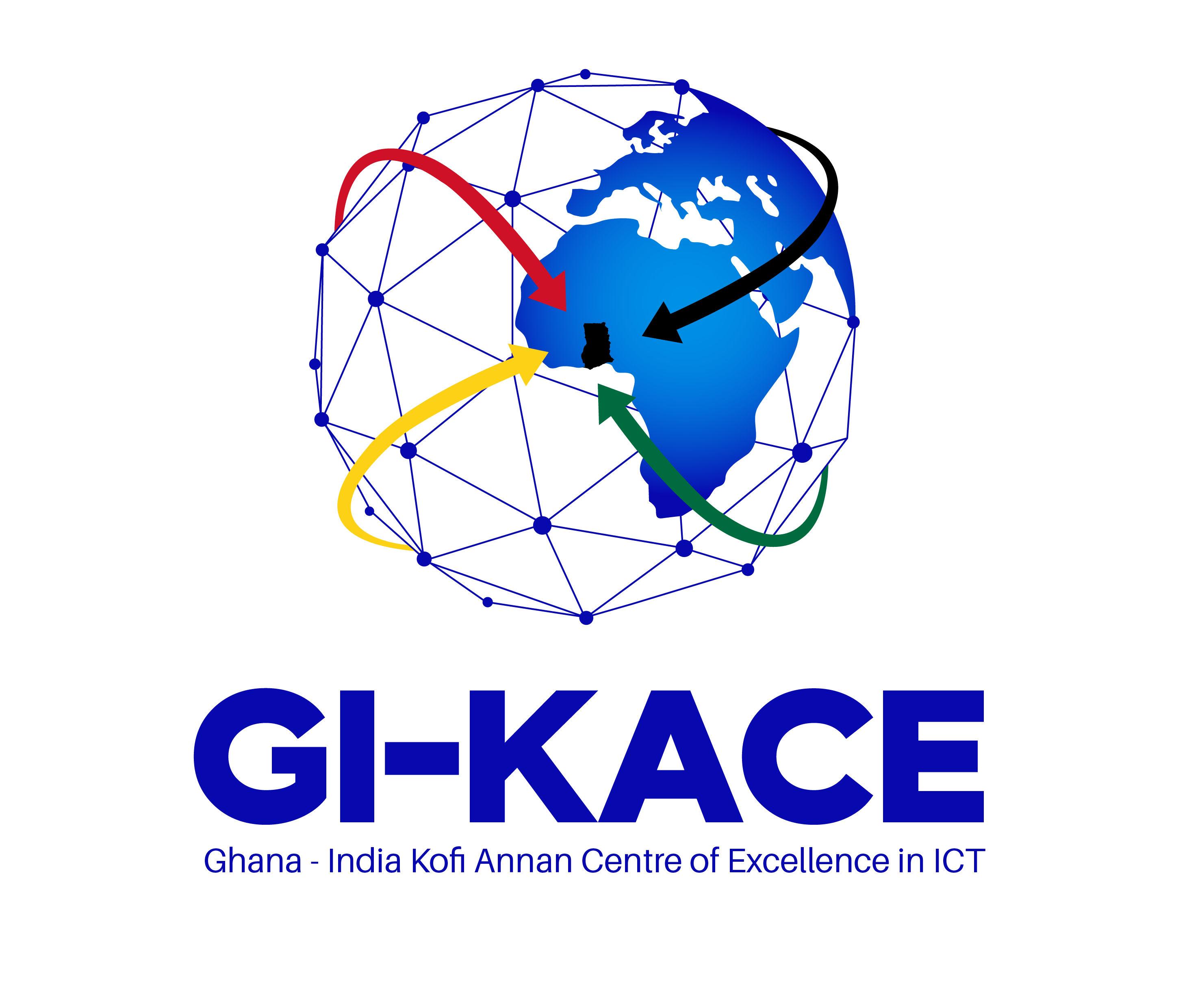Lucy Mawutor Adzo Dzoagbe, lecturer at the Ghana-India Kofi Annan Center of Excellence in ICT and a member of the Sector Skills Bodies (SSBs) has called on the major players in industry to work together with academia to help churn out industry-ready graduates.
Speaking at a media engagement at Kumasi Technical University (KsTU), Madam Dzoagbe stated that it is important to involve industry players in the development of a curriculum at the Technical and Vocational Education and Training (TVET) level to shape the future of skills development.
“Industry should be part of the training by bringing industry people as guest lecturers to handle some part of the course. To get this link, academia should liaise with SSBs and sign MoUs to provide reliable internships for students to be trained for work environment-based learning (WEL),” she stated.
Mr. Michael Andivi Naah, a Technical Advisor with GIZ, representing the Corporation and the EU, highlighted the significance of Sector Skills Bodies (SSBs) in economic development.
The Commission of Technical and Vocational Education and the German Development Cooperation (GIZ) has stressed the importance of continuous collaboration and industry involvement in Ghana’s Technical and Vocational Education and Training (TVET) to shape the future of skills development.
At a media engagement at Kumasi Technical University (KsTU), Mr. Michael Andivi Naah, a Technical Advisor with GIZ, representing the Corporation and the EU, highlighted the significance of Sector Skills Bodies (SSBs) in economic development.
The event, organized by the Commission for Technical and Vocational Education and Training (CTVET) in collaboration with GIZ and KsTU under the “Pact for Skills: Support to the Transformation of the TVET System in Ghana,” served as a crucial platform to spotlight the importance of SSBs in shaping a skilled and responsive workforce.
The Director-General of CTVET, Dr. Fred Kyei Asamoah, stressed the importance of industry involvement from the start of skills training to improve TVET implementation quality and success.
He emphasized forging partnerships with the private sector to enhance the productivity and competitiveness of the skilled workforce.
Dr. Kyei Asamoah called on the private sector and industry players to become key drivers of TVET in Ghana, emphasizing a sectoral approach to skills development to address sector-specific challenges.
Prof. Gabriel Dwomoh, Vice Chancellor of Kumasi Technical University, welcomed the establishment and development of Sector Skills Bodies, highlighting their significance in bridging the gap between academia and industry.
Operating under the Commission for TVET, SSBs focus on reducing skills gaps, improving productivity, increasing employability, and promoting sustainable development through research.


